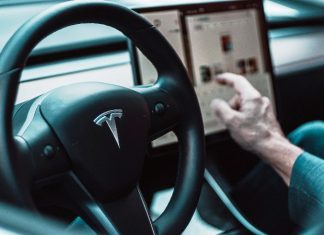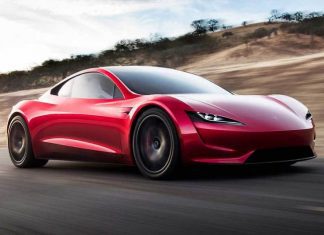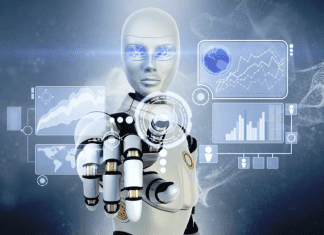Robotics and what it means for the job market shortly has been a big topic for the past few years. While it has been depicted in entertainment for the better part of a century, living that future is on the horizon right now, leaving many people feeling anxious, especially about how it will affect their lives. The first fear people mention regarding these machines is that unemployment will increase as workers are forced out of their positions for new machines. This is an understandable concern since automated robots are rising, particularly in the manufacturing industry. The thing is, the rise of robotics also creates other jobs for people in design, software, robotics education, and the management side of things.
Another anxiety many have is that we will give robots artificial intelligence that rivals humans. After all, experts have been predicting intelligent robots to arise within the next decade while the media churns out entertainment depicting society’s destruction at their hands. All to say, this is not what people should expect. Robots are indeed becoming more efficient, but their advanced mechanics do not equal high intelligence.
What is Intelligence?
Quantifying intelligence is nearly impossible when discussing humans, let alone bringing robotics into the equation. Humans have many different kinds of intelligence at their disposal. Anyone who has ever worked on a team with others can see this firsthand. It is why people have different strengths to offer and go on to excel in different subjects and industries. And this does not even allude to types like emotional intelligence, though.
Many papers, theories, and philosophies have been created around the topic of intelligence. Some coincide, and some contradict each other. However, one quality of intelligence often agreed upon is the ability for creative and independent thought and the ability to learn. This refers to the ability to come up with ideas that have not been explicitly telling or implicitly suggested while also being able to cumulate knowledge to be built upon.
They are only as Smart as They’re Programmed.
The first issue with artificial intelligence is that the machines are only as smart as the data that is programmed into them at this point in time. While important, the tasks they are used for are still very tedious and menial, so they do not require much complex thought or problem-solving ability. Everything that they can do is thanks to a person with automation training. And while the ability to learn would be beneficial as time goes on so that robots can be changed with the products they make, learning requires improvisation and the ability for fluidity. Programming this ability is difficult to figure out because, by definition, programming tells the proper responses, movements, and how to act or behave.
As the jobs that robots are utilized in becoming more advanced and technical, their programming will also advance so that they can complete the jobs. It will look like they are learning and growing in intelligence, but the principle is still very much the exact same; the machinery was built, and then a human inputted the complex programming and software into it to have the machinery complete the desired task.
The Issue of Consciousness
This brings us to the final topic of consciousness. One of the things that make humans what they are is the fact that humans are self-aware creatures. All of the other aspects of intelligence would be difficult to have without this fact, and vice versa. What makes humans self-aware is that they are intelligent, and they are intelligent because they are self-aware. How to then create this within artificial intelligence is a tricky thing, and inputting data for consciousness defeats the purpose if it can then be taken away. So the question of how remains. If entertainment is to be believed that the gradual advancement of technology will ultimately lead to this evolution, this still puts the timeline far in the future and not at the ten-year mark that many have been calling for.
In The End:
Robotics is a growing field and is the way of the future. While people will have to adapt to the changing times and job market, it won’t be one with the robots that they imagine. While this might be the case in the distant future, the next decade will not see robotics with artificial intelligence that rivals a human’s. They are still at a stage where they require programming and data fed to them to operate.









